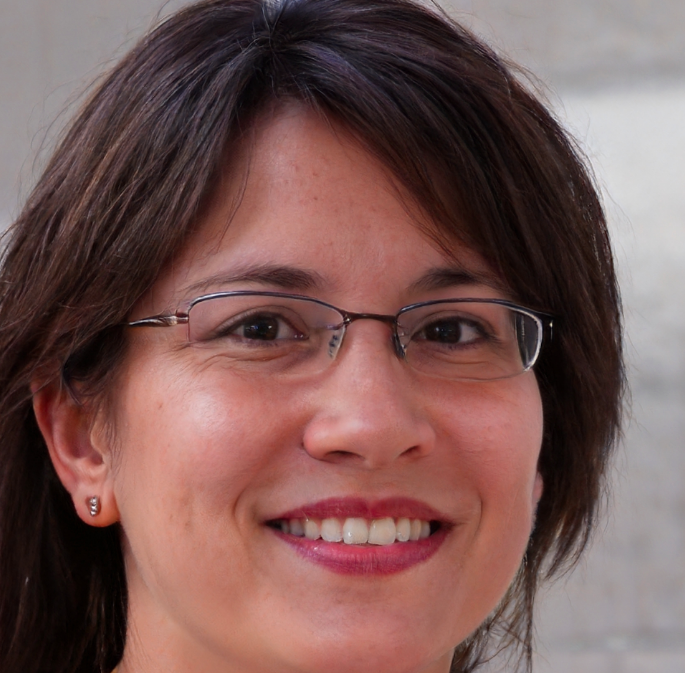Are you thinking about learning German? German has a weird reputation amongst language learners who seem to believe that it is more complex than other languages and will therefore provide a less enjoyable learning experience.
While it is true that some elements of the German language might seem more complex, English speakers will find that learning German is easier than expected. This is because the root of both languages is the same and you will find a lot of similarities between common expressions and words in English and those you learn in German.
If you are interested in studying German in Calgary and are looking for the best German classes in Alberta and the Calgary area, you have arrived to the best place. Keep reading to learn more about German lessons in Calgary and everything you need to know about learning German with a German tutor in Canada and Alberta.
Discover German lessons in Toronto here.

The German Grammar System

There is one particular thing that is tricky about German: the case system. It is one of the hardest things for native English speakers and might seem intimidating at first glance. That said, not all is lost and there are a few rules that can help you learn German and have a better experience with the case system overall.
First of all: what actually are cases? Let us start by looking at words like "he" and "him." These two words have essentially the same meaning so it could be said that they are pretty much the same word even if we don't use them in the same situation. For example: "He wrote a book", "The book was written by him." In these examples, we use different words for the same person since the function of the person is different in both sentences. One of them is doing the action, the other one is receiving the action. This means that the case is different.
Now that we know what a case is it's important to know that there are four cases in German: dative, accusative, nominative, which is usually the subject of a sentence, and genitive.
But why are cases important? Cases affect nouns, and they also change depending on whether they are the object, subject or indirect object in a sentence. Another detail that affects is the noun’s gender and sentence case, which is why you might find that you need to change their definite or indefinite article. The case of each noun in a sentence indicates what role it is playing in the sentence and therefore also shows its relationship to (i.e. how it’s interacting with) the other nouns in the sentence.
But why is the German noun case so challenging for English speakers? This is due to the fact that they make a distinction between the accusative and the dative, something that doesn't happen in English (only on rare occasions). The norm is to combine these 2 cases into the objective case. The second reason why German noun case is often complicated for native English speakers is because German is an inflected language. What does this mean? It means that the words that come in front of nouns require small changes that indicate which case the noun is in.
On the other hand, gender also plays an important role in German noun case system. When you learn new German vocabulary, you need to learn the gender as well. Knowing the gender of a word will help you choose the correct case and endings.
Usually, you can determine the case by:
- The noun’s function in the sentence – for example, if it’s an indirect or direct object;
- The verb/verbs used in the sentence;
- The prepositions around the noun.
Here is a small guide that can help you figure out which case to use and how they work:
- The Nominative Case: the German nominative case is the base form of the noun. It points to the subject of the sentence (the person or thing that is doing something). You then do the conjugation of the verb in a sentence by that noun/case. The question words for the nominative case are “We’re?” (Who?) or “Was?” (What?). The nominative case is also used after the verbs sein, werden, and bleiben (Where it is not the subject).
- The Accusative Case: the noun in the accusative case is also known as the direct object. It means the thing that is acted upon by the subject. That said, there are certain verbs and prepositions after which the noun will always be put in the accusative case. The accusative case question words that help determine the direct object are “Wen?” (Who?/Whom?) or “Was?” (What?).
- The Dative Case: another name for the noun in the dative case is indirect object. The indirect object is the noun that receives something or is dealt with by the accusative case object. The question words are “Wem?” ((To) whom?) or “Was?” (What?).
- The Genitive Case: it indicates possession of an object. Most often, you’ll see it in written German. In spoken German, people usually use “von” (from) and the dative case instead of the genitive case. This case answers the question “wessen?” (Whose?).
Find German lessons in Ottawa here.
German Courses in Calgary, Alberta

Do you live in the Calgary area and are looking for the best German courses to practice your basic German? This city in Alberta has a wide offer of German language lessons that you can look into. Check out some of the options below:
- Berlitz Language School: located at 311 6 Ave SW, Suite 250 Calgary, AB Alberta T2P 3H2, Berlitz Calgary has 6 classrooms with air conditioning and free Wi-Fi. Their language center is also wheelchair accessible. Besides their language classes in Calgary, their students have the possibility to join the online community (online hangouts where you can practice German). According to their website, their German courses are "customized to suit your goals and lifestyle, our classes teach you the language as well as the cultural aspects of delivery, so you learn to speak naturally as well as fluently. Whether you’re learning German for travel, work, or social reasons, our immersive language learning techniques will get you fluent fast."
- Calgary German Language School: they have adult German courses for all levels. From beginner courses to classes for those who want to refresh the things they already know and advanced classes, you will find a wide array of options for you here. Students can also learn through conversation courses where you will be able to talk about a wide variety of subjects. Some of the resources they use are textbooks, videos, short stories, games about idiomatic expressions, proverbs and they dive into various cultural topics. Their courses range from beginner (for basic German) to advanced and vary in cost depending on the level. Founded in 1956, the school was once known as the Language School of the German Canadian Club of Calgary.
- Language Trainers: they have native speakers as part of their teacher roster, including German teachers. Language Trainers organizes German courses in almost any destination (which is highly convenient for those who don't wish to commute). Their courses are all imparted by native speaker German trainers and can be arranged at your office or home for any day of the week (including weekends) at any time of the day. After the first lesson or two, their team will contact you to ensure you are happy with your trainer. If necessary, they can help you change the focus of your German course to better suit your needs and expectations as learner.
- Calgary Language Nerds: they generate self-study resources and offer a wide array of languages to people of all ages. They are based in Calgary, Canada, but they work with people from all over the world. They work with students of different levels and ages. According to their website, "taking private or semi-private lessons with us is one of the fastest ways to reach your desired proficiency level. We move at your pace and ensure you make consistent progress." The Calgary Language Nerds lessons are taught online and can be both on 1-1 or semi-private (2-3 people per group) format to make sure you have the best experience possible. There is also a potential option for in-person classes if you happen to live in the same city as one of their tutors.
Are you looking for German lessons in Vancouver?
Learn German with a Private Tutor in Calgary

Are you looking for a different option to learn German besides a language academy in Calgary? The best option for you might be to hire a German tutor to help you reach your goals. And what better way to do it than with the help of Superprof?
Superprof is a platform designed to connect German teachers from all over Canada with students who are looking to learn the language. From German classes Vancouver to German classes Calgary, you will find that we have teachers all over the country who are ready to share their knowledge with you with an online german course, German lessons online or in-person German lessons.
Get ready to learn German with Superprof!
Summarize with AI:















